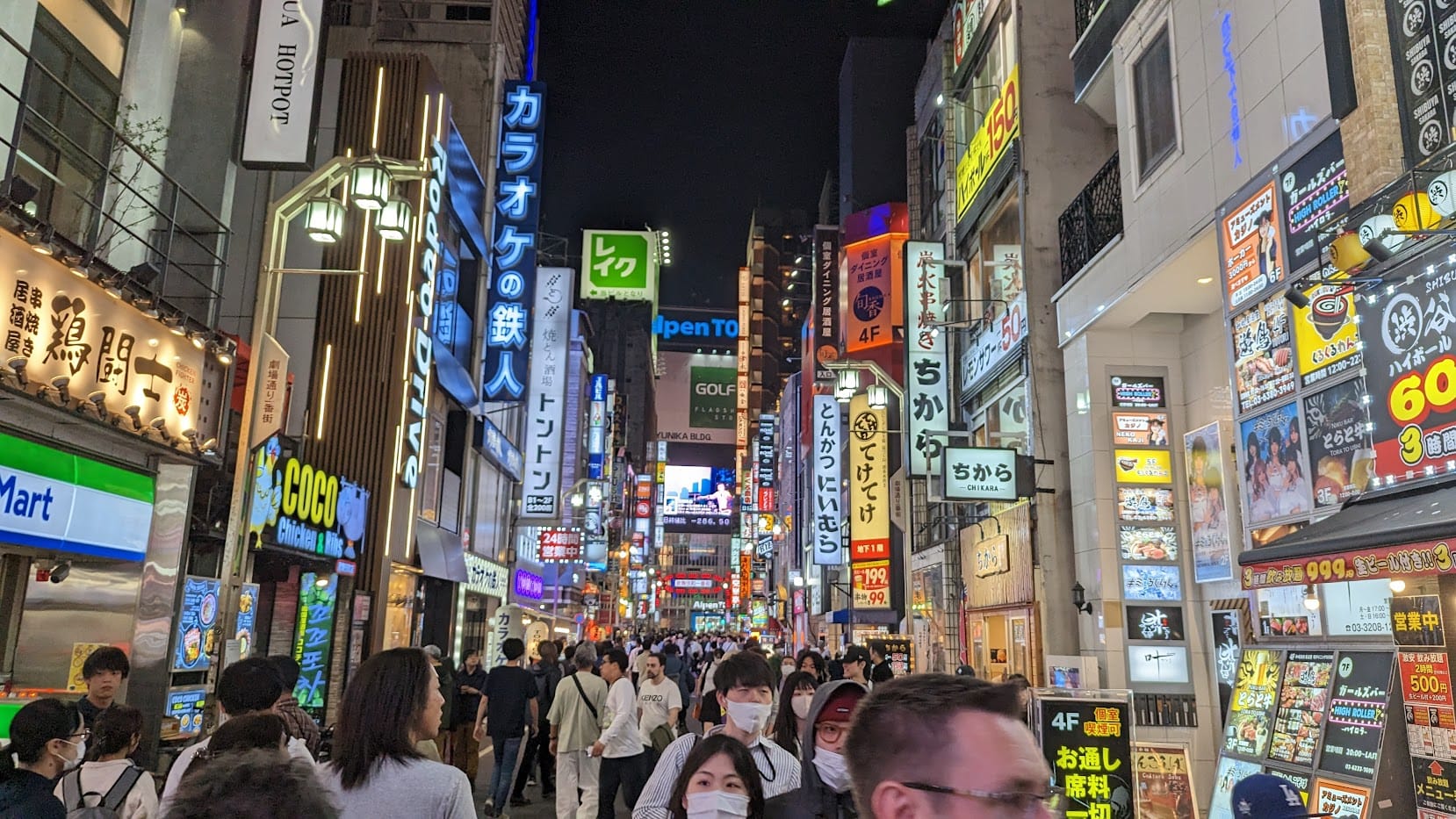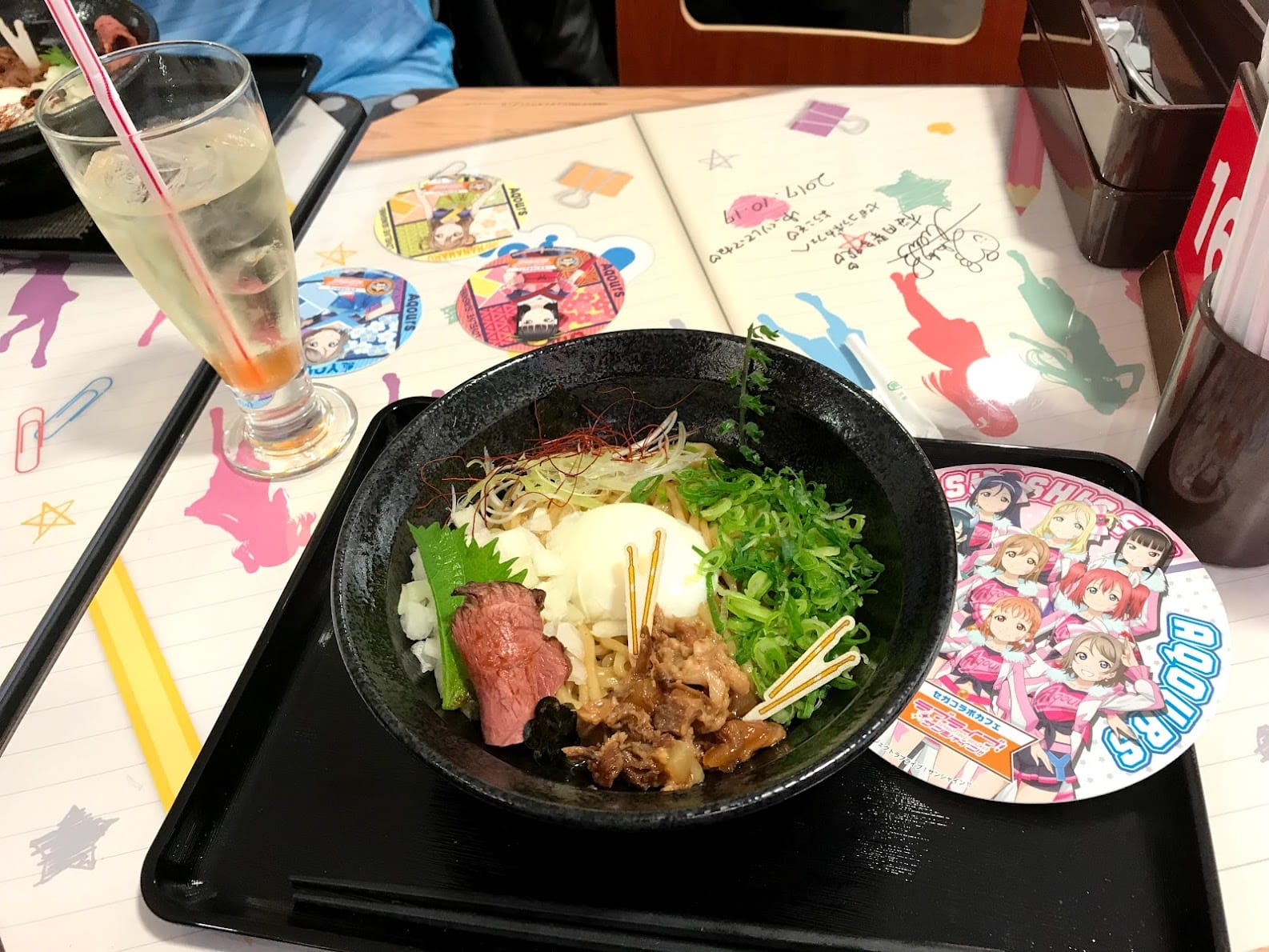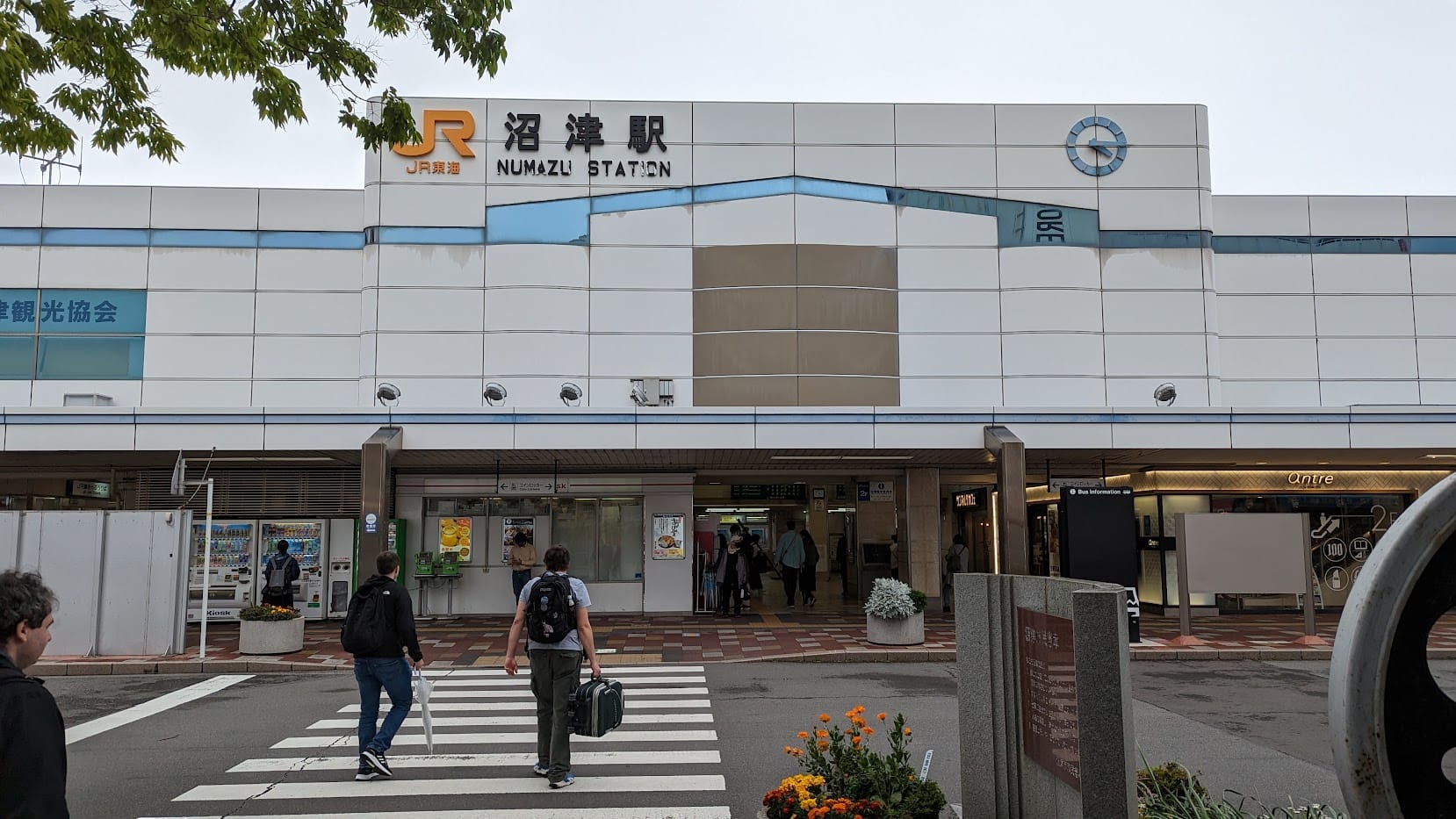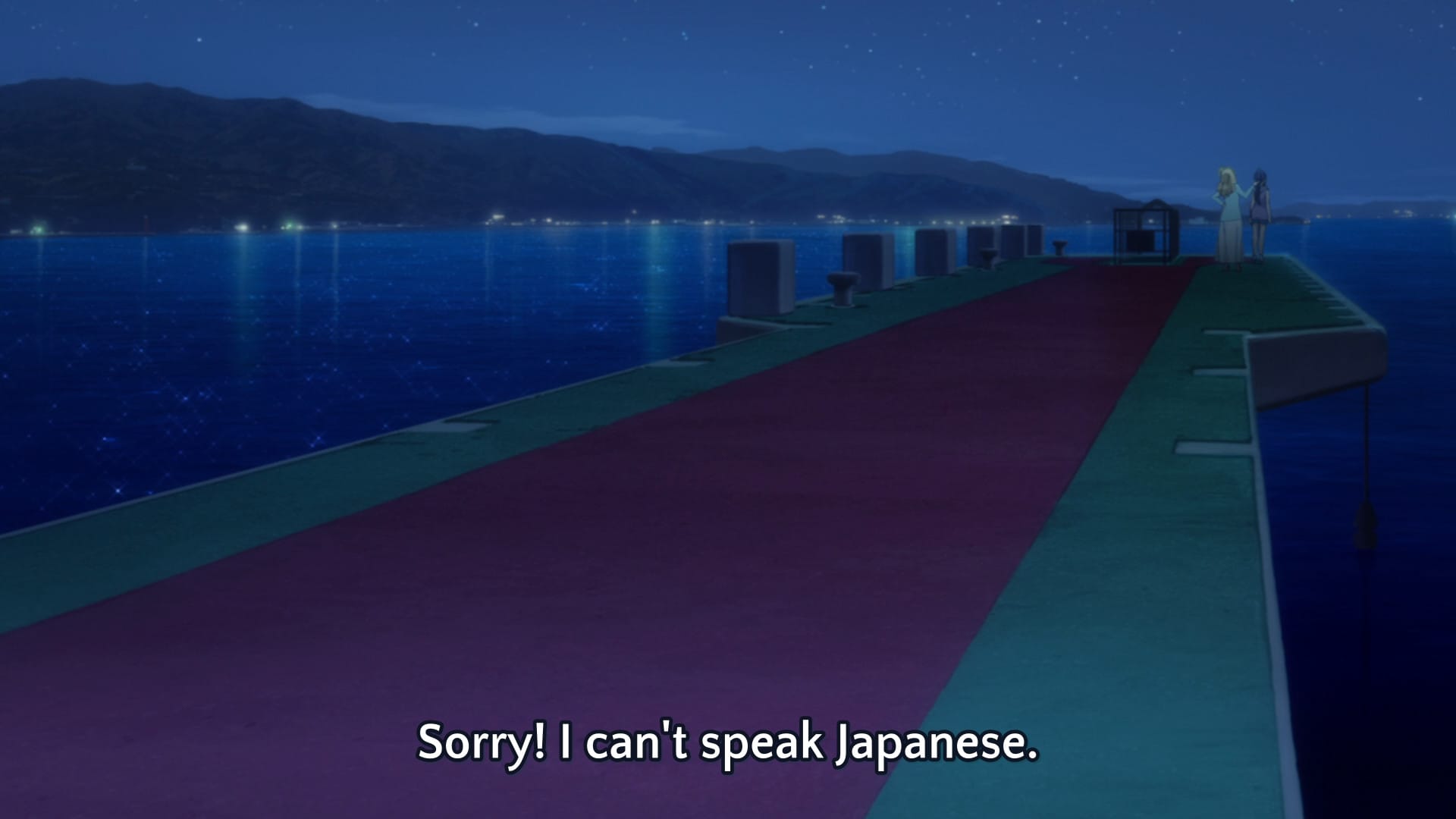Jon's Guide for Going to Japan - Part 1: Planning Your Trip
If you're traveling to Japan, these tips will help you prepare for your trip.

If you've never been to Japan before, your first time there can be stressful. There's a lot of planning involved; you'll be a foreign land with a different culture and customs; and few people there likely speak your language. This series of posts should help with all of that, and also give you ideas of things to do while there.
These guides are based on my personal experiences, and are not meant to be taken as an objective overview of Japan. There are still many places and experiences in Japan I know nothing about, so of course I won't be covering those. These are simply my suggestions and what I think you should expect.
This is Part 1 of a multi-part series about traveling to Japan. Here are the other parts:
- Part 2: Your Flight
- Part 3: Getting Around Japan
- Part 4: Tokyo Tourism
- Part 5: Outside Tokyo
- Part 6: About Eventing, and Your Trip Back Home
When To Go

The longer you stay in Japan, the more value you get out of your trip. You're likely spending a lot of money on the flight there, so make it worth it and stay for at least two weeks.
Unless you plan on attending a concert or event with its own schedule, I recommend going around May-June, that way it's not too hot out yet, and you can enjoy everything with plenty of daylight. Or go around December to see the holiday decorations! But whatever you do, do not go during Golden Week! During Golden Week, many places of business will be closed, and the ones that are open will be overcrowded and flooded with tourists from both inside and outside the country. I learned this the hard way.
Where To Stay

For your first trip to Japan, I would suggest staying in Tokyo for the whole trip. If you want to go outside Tokyo, you'll have to deal with the added difficulty of booking additional hotels and having your luggage transported between them. This is certainly doable, even for a first-timer, but you might not want that additional stress for now.
If you're looking to stay somewhere cheap, APA (pronounced "ap-pa") is a famous hotel chain all over Japan. Their rooms are usually small and meant for one person, but if that's all you need, you'll save a lot of money going this route. If you are looking for a more western-style hotel room that will cost a bit more, I personally love the Hotel Sunroute Plaza Shinjuku, which is about a 5-minute walk from the station, and near some amazing food spots, conbinis (convenience stores), and plenty of arcades, bars, and other night-life activities. I've also stayed at the Shinagawa Prince Hotel as part of the Aqours 5th Live international fan pack, and really enjoyed my stay there.
If you are going outside Tokyo, you will also need to book hotels in those areas. Make sure the dates line up with when you leave your other hotel(s), and make sure you bring a backpack - you will need an overnight bag because luggage delivery services tend to take 2 days. I do all my hotel booking online via Agoda, which allows easy risk-free cancellations in most cases.
When booking hotels, also keep in mind that you will likely need to do laundry once or twice during your trip. Many hotels (even some APAs) have laundry, but only a few machines, and you will be competing with everyone else in the hotel for them. If the need arises, you can always find a coin laundry spot nearby and take your clothes there.
What To Do During Your Trip

Think about what places to visit, and activities to do during your trip. I will go over these spots in more detail in Part 4, but some of my suggestions are: Tokyo Tower, Tokyo Skytree, Meiji Jingu, Odaiba, Harajuku, Akihabara, Ikebukuro, Asakusa, and Nakano Broadway. If you want to go outside Tokyo I can personally recommend Hakone, Kyoto, Osaka, Nara, and Hiroshima. If you want to go to Numazu to see some Love Live! Sunshine!! spots, you can make a day trip out of it, but you should book a hotel there for at least one night if you want the full experience.
Many currently/recently airing anime will have collab cafes running, so if you plan to go to any, make sure you research them and make reservations ahead of time. Google Translate will be very helpful in navigating those websites. This Reddit post has a few good suggestions for finding out what cafes might be running when you go.
The JR Pass

If you're going outside Tokyo and plan on taking the Shinkansen (bullet train) a lot, you might want to consider getting a JR Pass. You can order it here, and you will need to order it in advance. The JR Pass is only available to non-residents of Japan, and it will give you unlimited rides on most JR trains (almost all trains in Japan are JR) for a period of 1 or 2 weeks, depending on what you select. Some Shinkansen trains and non-JR lines are not valid with the JR pass, but you'll most likely be able to get to where you need to be with it.
The JR Pass has significantly gone up in price recently, so make sure you plan your routes, add up the totals (Google Maps will calculate the train fares for you), and see if it's worth getting or not.
If you're staying in Tokyo for the whole trip, don't get the JR Pass. You're better off just getting a Suica card (read this first!) while there and paying as you go.
If you do order the JR Pass, you'll be mailed a voucher at your home address within a few weeks. Bring this with you to Japan. You'll need to bring this to any major train station, such as Shinagawa or Tokyo Station, and speak to the staff there to exchange it for your actual pass. They will speak English, since the JR Pass is only available to foreigners.
Ghibli Musem? The Cat is Very Sorry
If you want to go to the Ghibli Museum, good luck.
No really, good luck. It's very hard to get tickets, and you need to order them in advance. Per the website:
Entry tickets for the following month go on sale from 10:00 (Japan time) on the 10th of each month. Ex. Tickets for February 1st through February 28th go on sale on January 10th.
When that time comes, make sure you and several friends are ready for war. Each person should be on multiple devices, if able. Once tickets go on sale, the site will instantly get extremely busy, and you will be seeing this image a lot:

Keep mashing F5 in hopes that you get through, and that you stay connected through the buying process. If you're lucky enough, you'll be able to score some tickets.
Should You Learn Japanese?

The language barrier might be something you're apprehensive about, but the truth is that you can get by in most areas even with a very limited knowledge of Japanese.
Airport staff and hotel staff will almost always speak English. As for communicating with restaurant and store employees, you just need to get a little creative. Many restaurants will have an English menu, and even though the staff might not speak English, you can simply point to what you want.
Most Japanese natives know that their language is hard to learn, and understand if you have trouble communicating and will do their best to help.
Here are some helpful phrases you should consider learning:
- "Toire wa doko desu ka?" = "Where is the bathroom?"
- "Sumimasen" = "Excuse me" or "I'm sorry"
- "Irasshaimase!" = "Welcome!"
(you won't be saying this, but store employees will say it to you when you enter) - "Kore hitotsu kudasai" = "I'll have one of these"
- "Osusume wa nan desu ka?" = "What do you recommend?"
(ask this when you can't decide what to order) - "Gochisousama deshita" = "Thanks for the food, it was delicious"
(say when leaving a restaurant) - "Eigo ga hanashimasu ka?" = "Do you speak English?"
- "Mondai nai" = "No worries"
- "Ikura desu ka?" = "How much does this cost?"
For anything complicated, don't be afraid to pull out your phone and use Google Translate. Japanese staff will often do this with you too. I was once able to speak to the police and reclaim a wallet I had lost thanks to Google Translate.
Other Important Things
Make sure you notify your bank and credit card companies that you will be traveling. The best way to get cash in Japan is to take it out from an ATM, so bring your debit card.
Make sure you change your phone plan to include international data. If you don't, you could incur roaming charges. If you'd rather not sign up for an international plan, you can either get a Japanese SIM card or rent a mobile hotspot at the airport. If you rent a mobile hotspot, make sure you keep your phone in airplane mode with Wi-Fi on the entire time you're in Japan. The mobile hotspot's battery only lasts about half a day, so bring a power bank. You probably don't need to reserve a mobile hotspot in advance, but you can do so at the link above if you want to play it safe.
Make a list of things you want to pack. If you're going to a concert and want to sport your merch, bring that. Pack plenty of clothes. Don't forget your passport. If you're on any medications, be aware of any laws that might restrict you from bringing them into Japan. If you're bringing electronics, read this. For most simple electronics (laptops, razors, phone chargers), you'll likely only need to bring a 3-prong to 2-prong adapter and a power strip.
Watch videos on YouTube about Japanese norms, what to expect, and what the residents there will expect from you. I'll go into more detail about this in another post.
All done! Here's Part 2, which is all about booking your flight and the journey to Japan.
